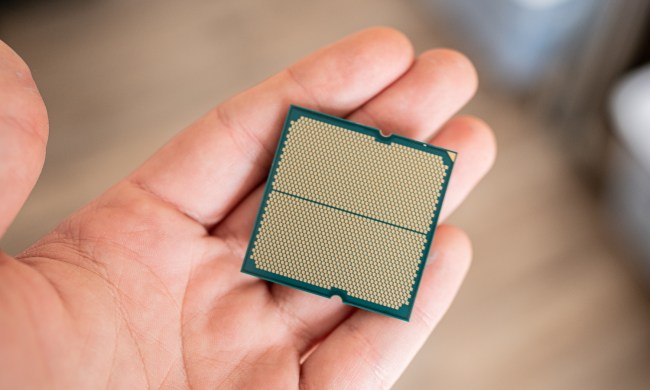The world’s fourth-largest computer maker, Toshiba, has announced it will begin offering notebook computers powered by AMD processors, saying that it expects AMD processors will be at the heart of up to 20 percent of the notebook systems it sells in the United States and Europe. The first models will be available “this summer,” and will mainly be value-oriented and modestly-prices notebook systems aimed at individual consumers, entry-level users, and corporate clients.
The move is intended to make Toshiba systems more price-competitive with machines with other manufacturers: reports have Toshiba shaving at least ten percent of its part costs, which could the impact of lowering the real-world price for the units by $80 to $100.
The announcement ends the company’s exclusive relationship with chipmaker Intel—although the computer maker had previously used AMD processors in some systems. Toshiba dropped AMD processors in 2001 in a move which has received significant attention in AMD’s long-running antitrust suit against Intel. AMD alleges Intel gave Toshiba $25 to $30 million per quarter in “market development funds” to lock the company into an exclusive relationship.
Toshiba has not released any additional details or specifications regarding planned AMD-powered notebook systems.


